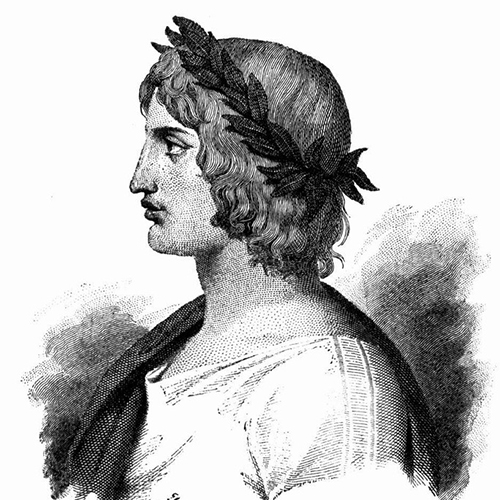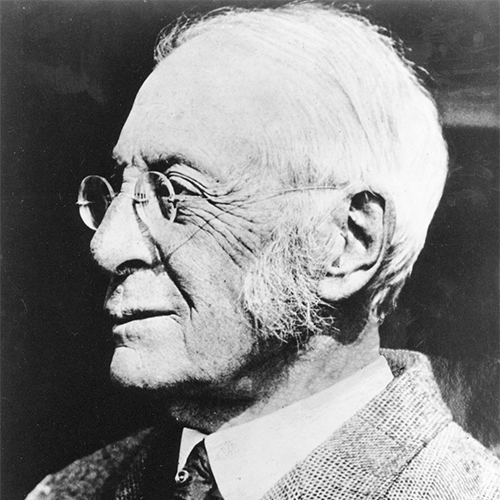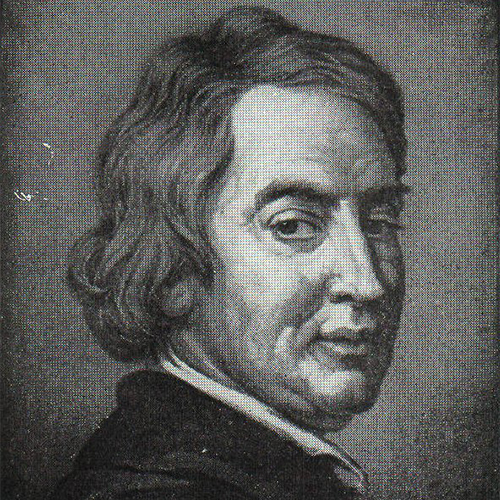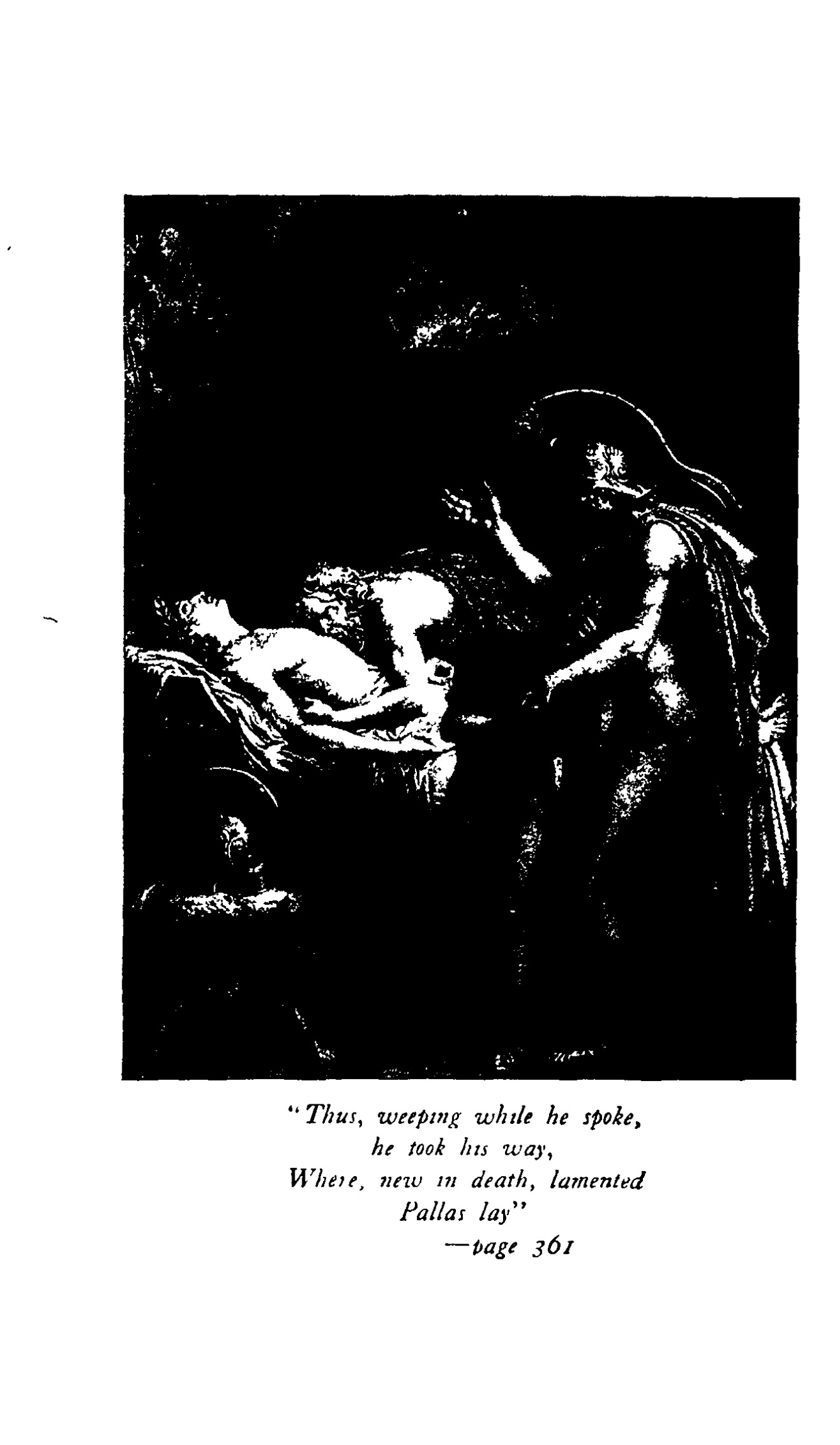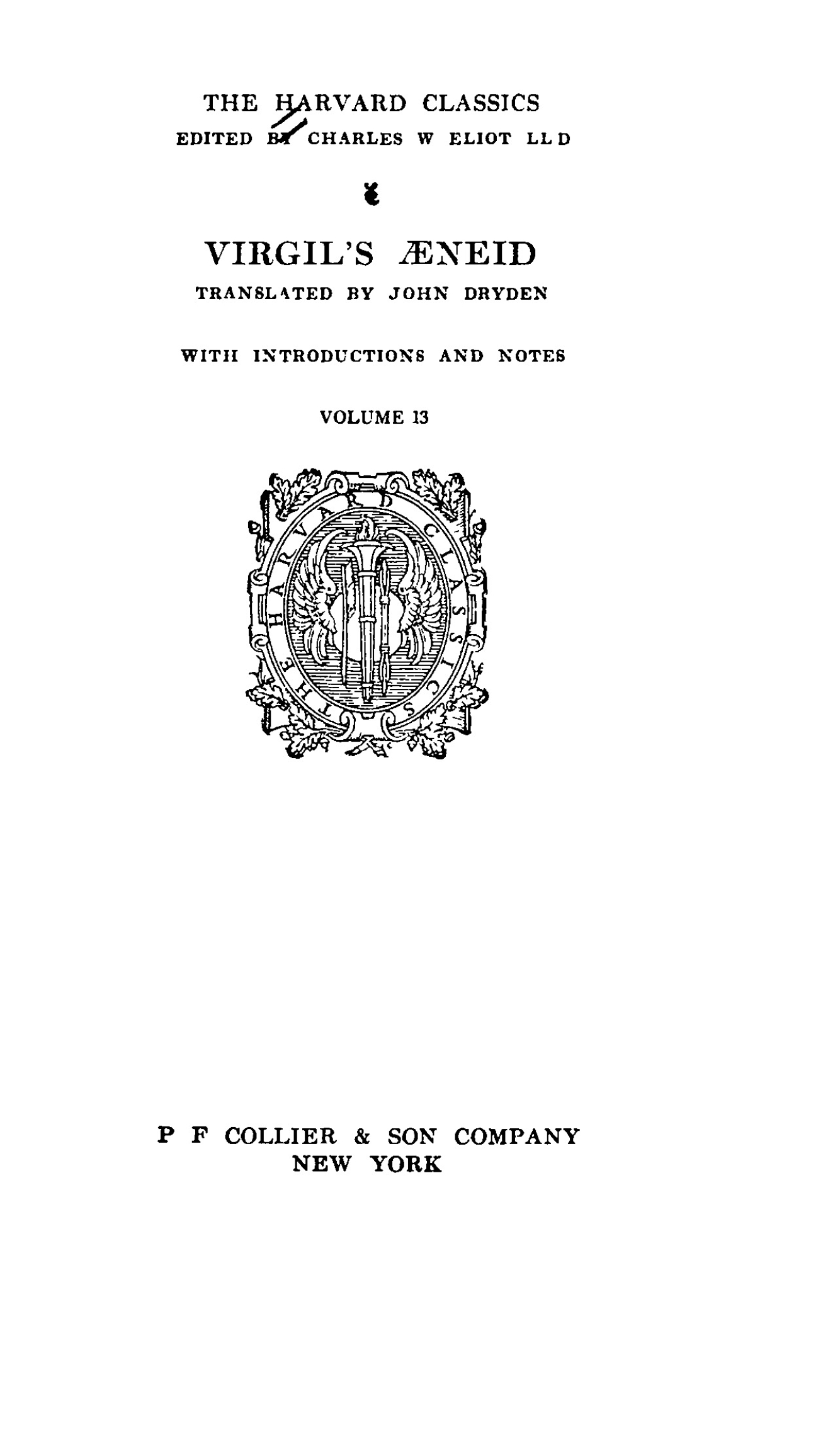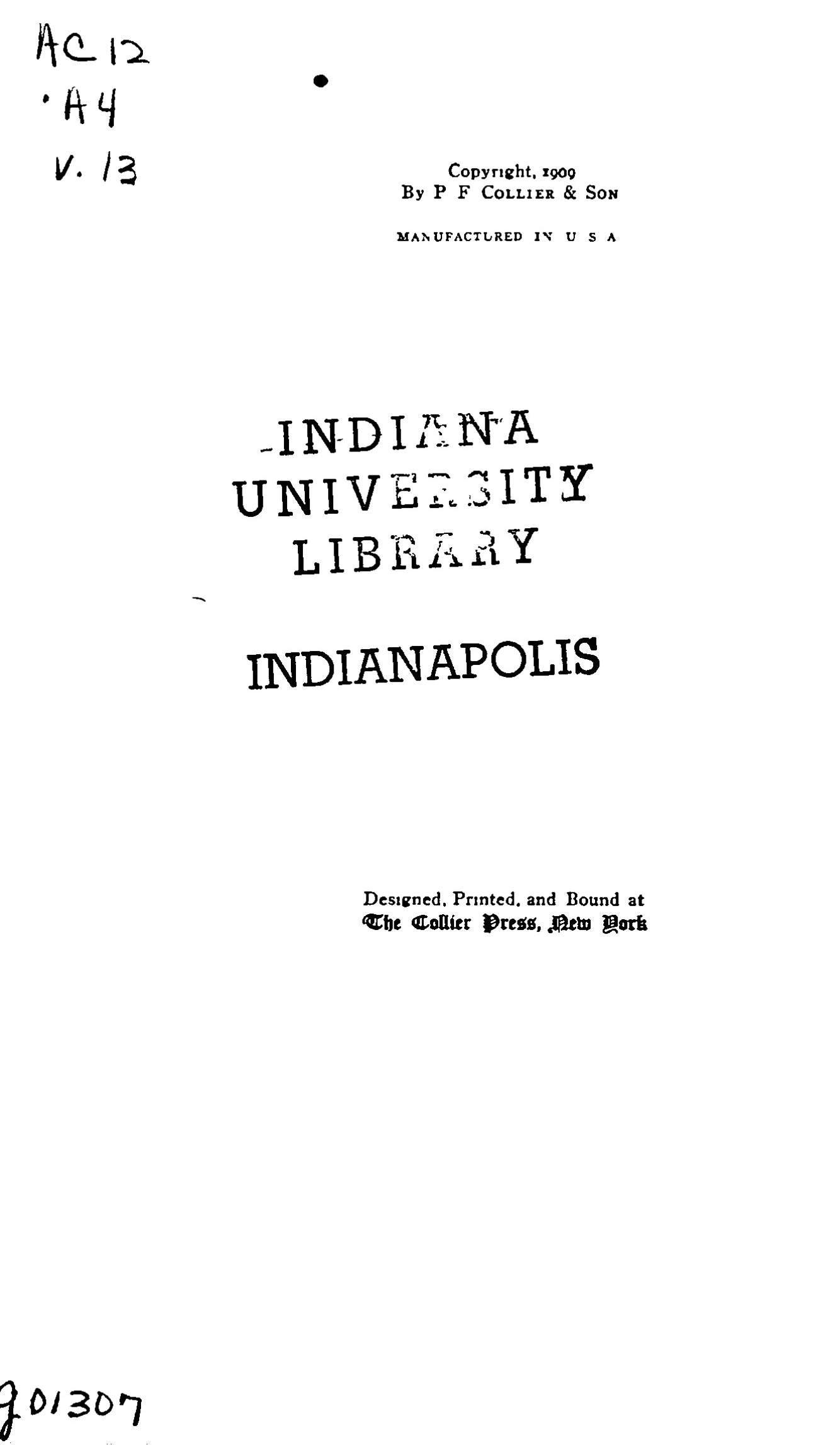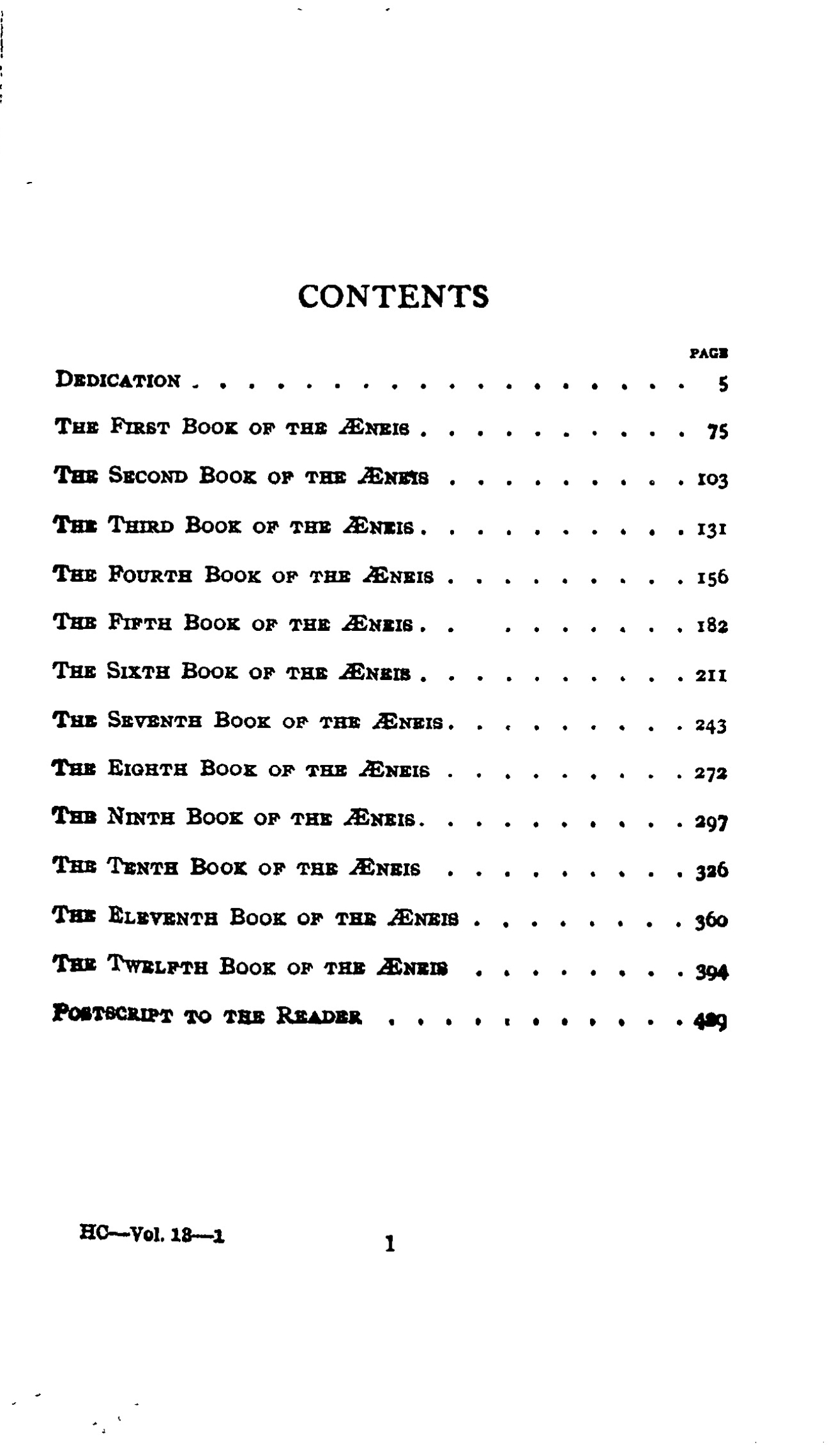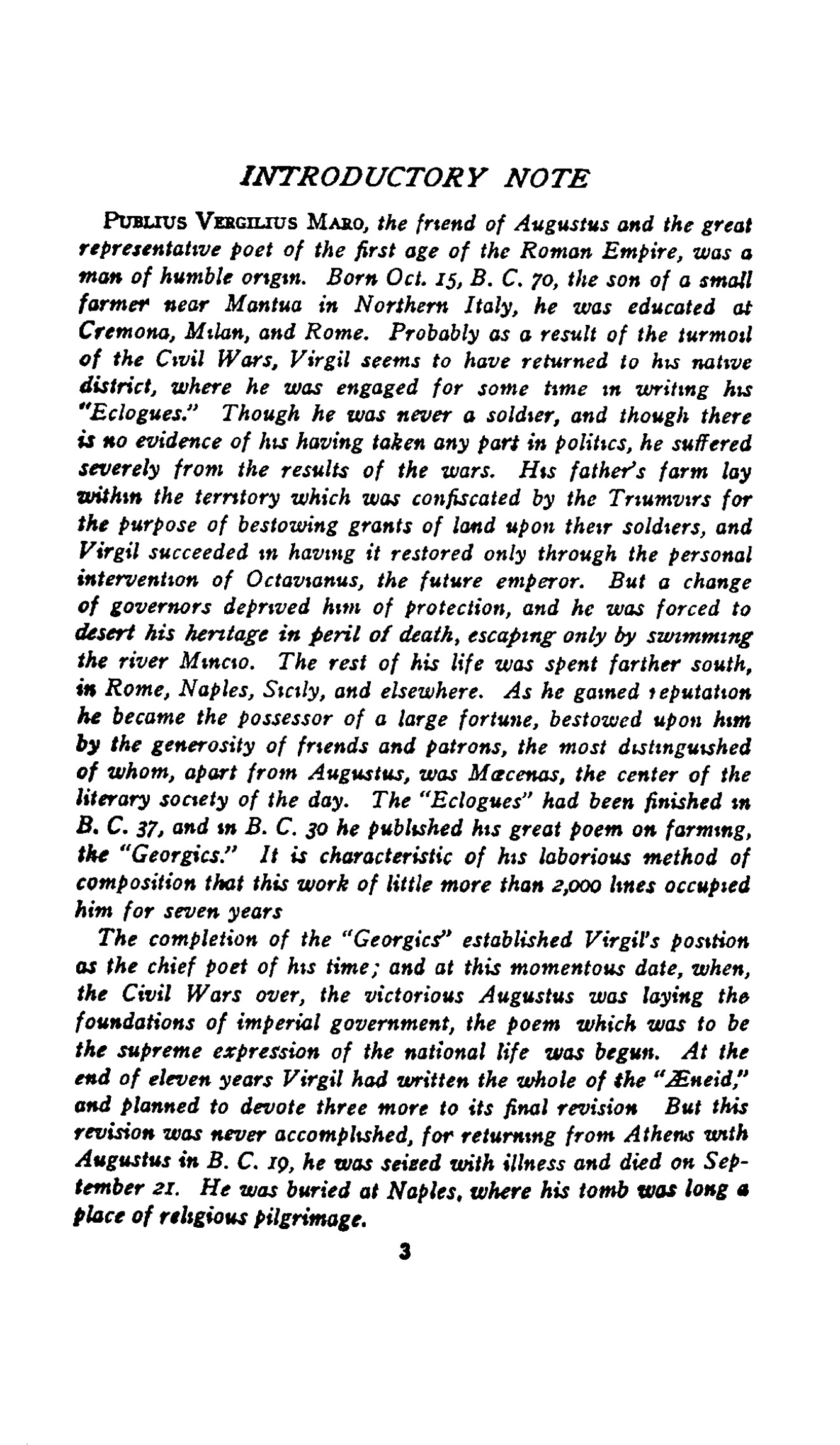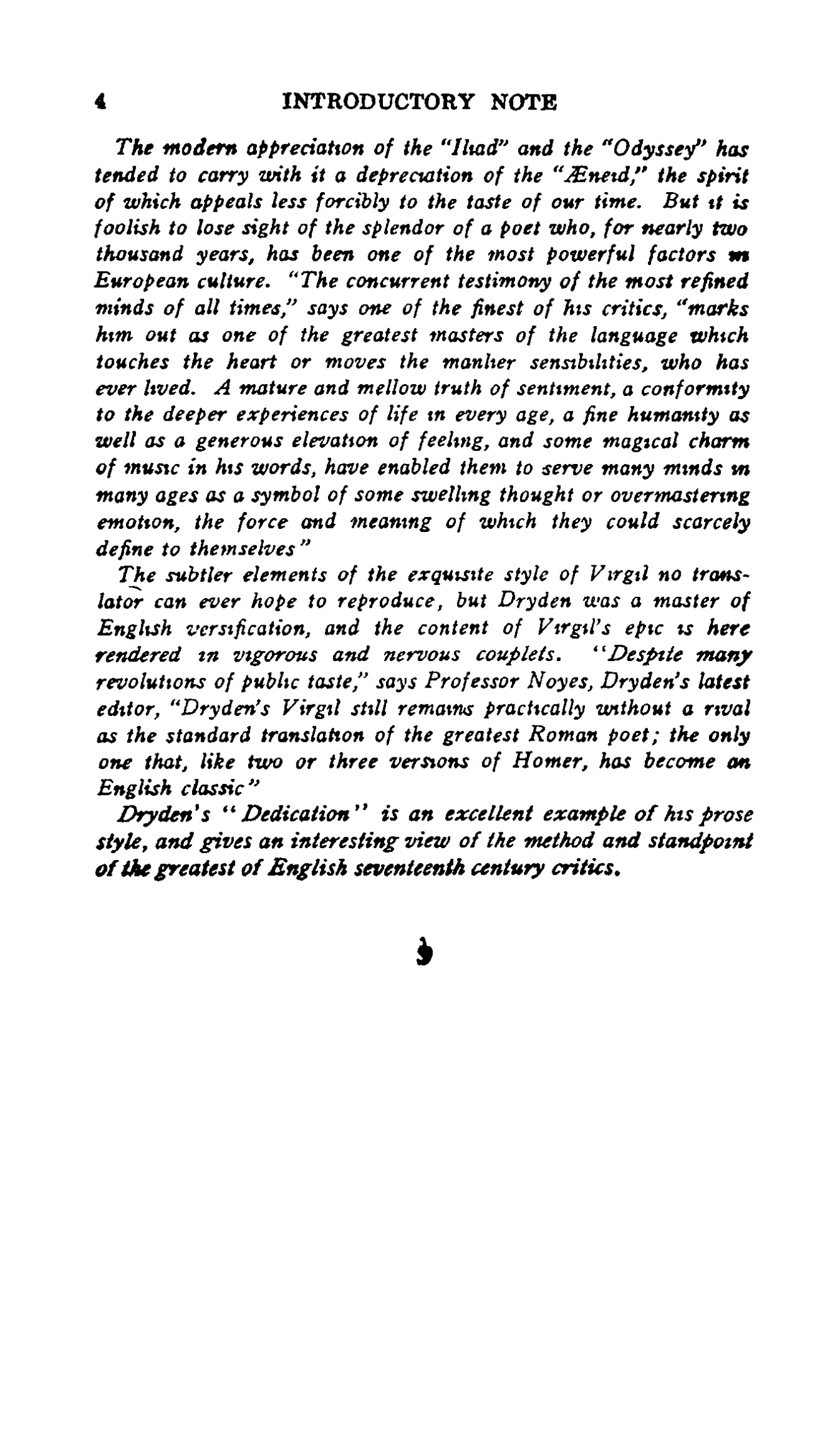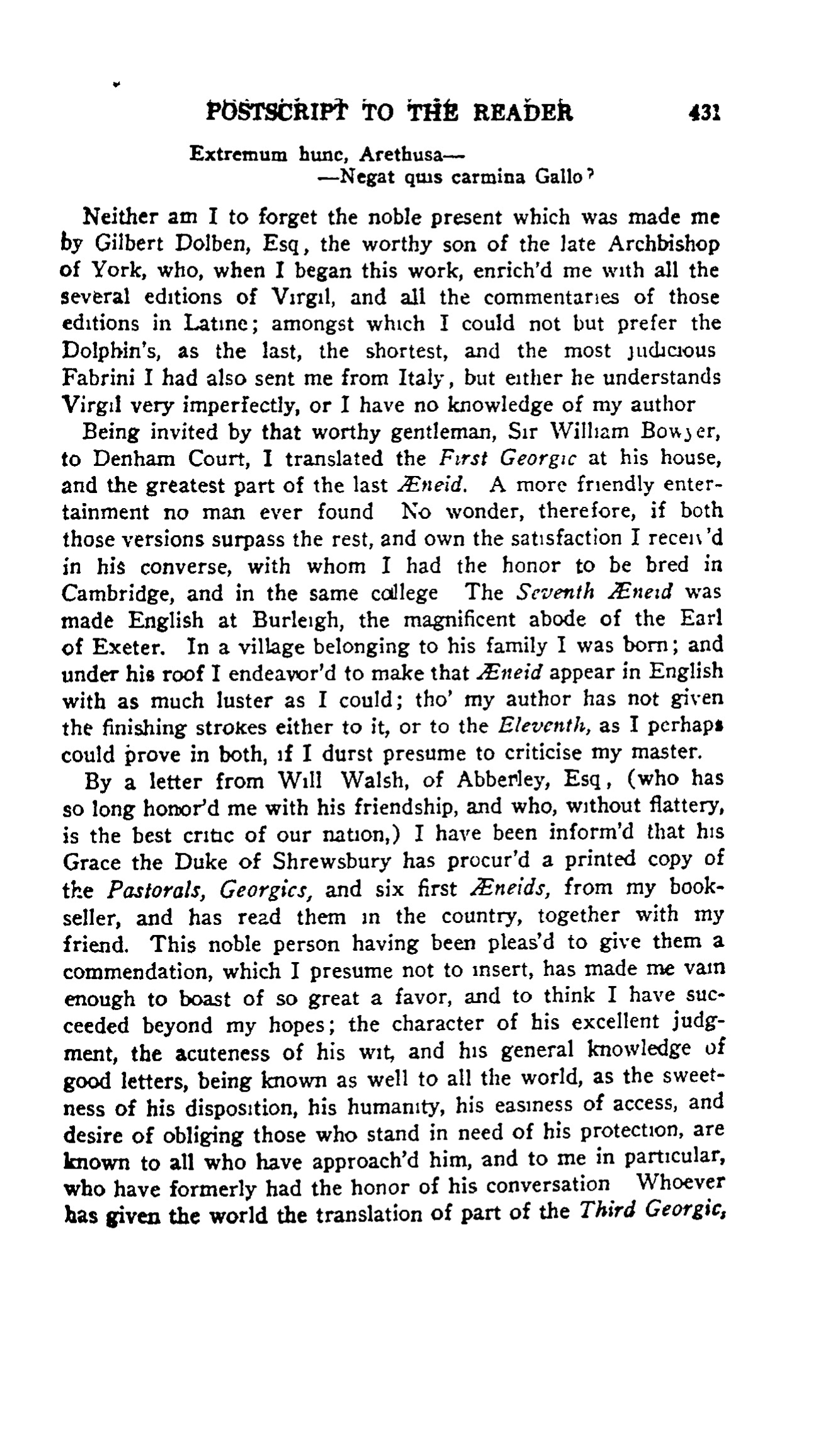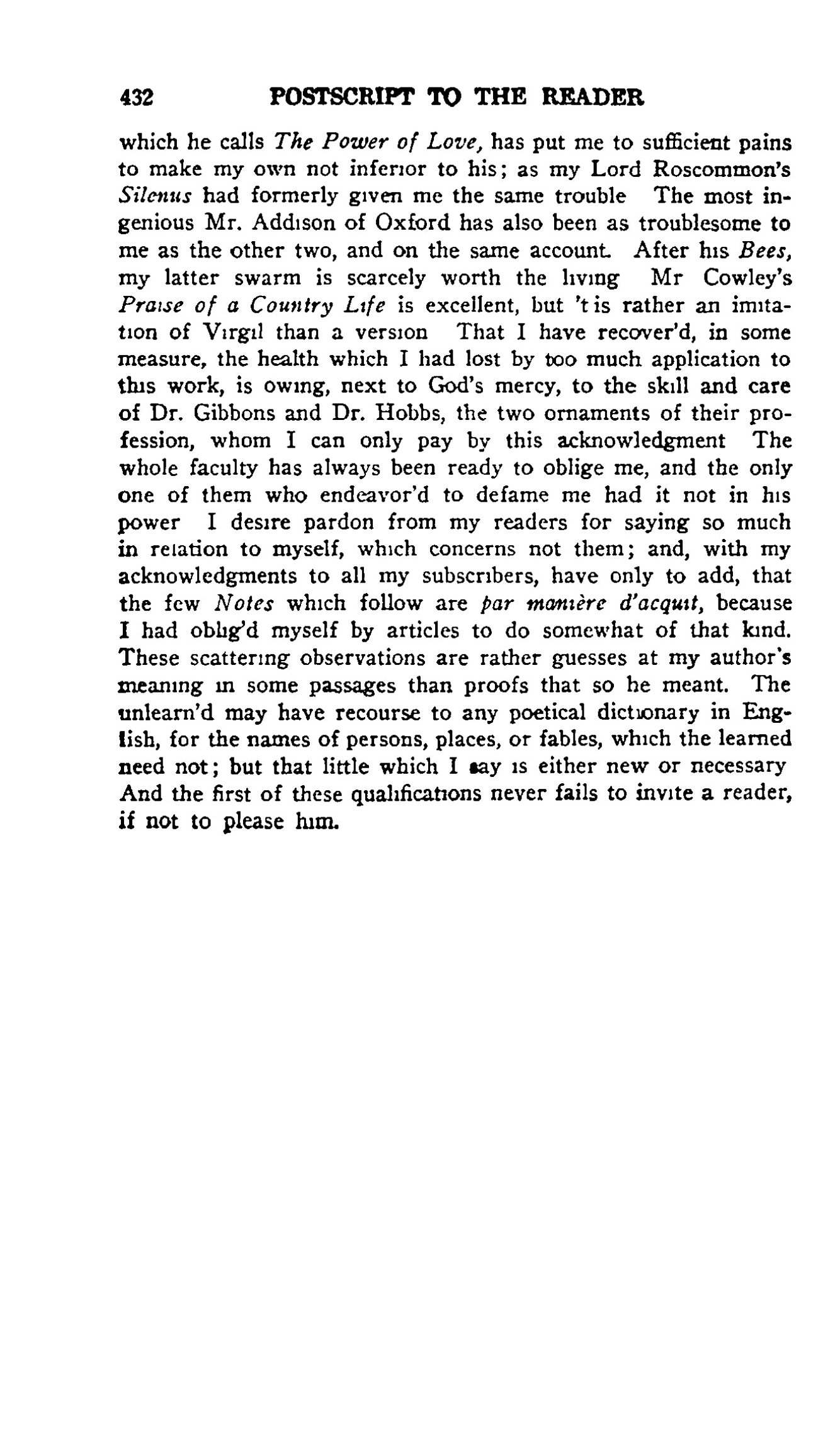About
The Aeneid is a translation of the Roman epic poem by Virgil, first translated by John Dryden in 1697. The twelve book series tells the story of Aeneas after the Trojan war and how he founded Rome. The myth follows the events after Homer's The Iliad. It was originally translated from Latin.
Source: OMNIKA
This book demonstrates how Dryden made Virgil's Aeneid available in an English idiom that would reflect and appeal to English tastes and values over a long period of time.
Source: Author or Publisher
expand_more Read more Read less
Access
Read for free
External sources
Primary
Myth
After the Trojan war, Aeneas goes through a long journey of hardship to ultimately find the city of Rome. His travels require him to endure the suffering of many trials, including countless personal challenges. He inevitably turns down love and comfort in order to fulfill his destiny.
Belief system

Roman Paganism refers to the cultural practices of the Roman empire before Christianity (ca. 756 BCE - 325 CE). The Romans seemingly adopted many deities and concepts from ancient Greek cultural practices, albeit with Latinized...
Deity

According to Virgil, Aeneas was the Roman half-deity who founded Rome after the Trojan War.
Translation
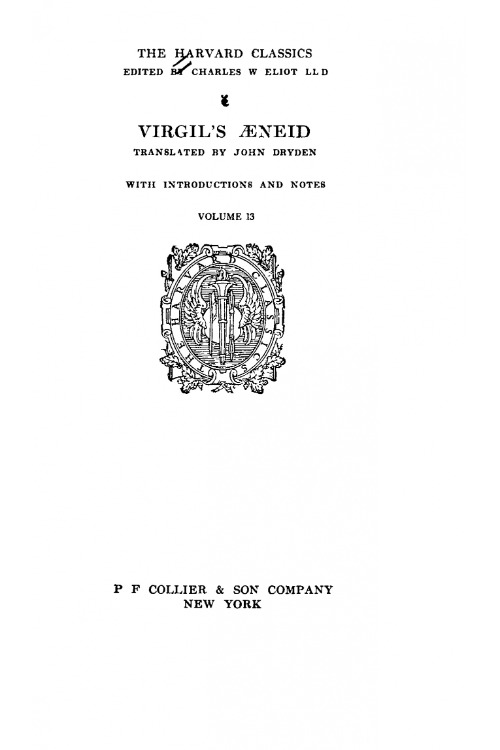
"Virgil's Aeneid" is an English translation of Virgil's Aeneid by John Dryden. Dryden's version is classical rendition of a timeless Roman myth. The language is readable for a contemporary audience; however, there are occasional phrases that may be considered archaic. The work was translated from classical Latin into English. Charles W. Eliot edited the current version, which was published in 1909. The work contains all twelve books. The Aeneid is about the journey of Aeneas, the epic hero who finds and builds the empire of Rome after the Trojan War.
Myths cited
It looks like only the main myth was referenced in this work.
Belief systems cited
Contributor
Cite this work
ChicagoVirgil. Virgil's Aeneid: Translated by John Dryden, With Introductions and Notes. Translated by John Dryden. Edited by Charles W. Eliot. Vol. 13, The Harvard Classics, Vol. XIII. New York, NY: P.F. Collier & Son, 1909.

